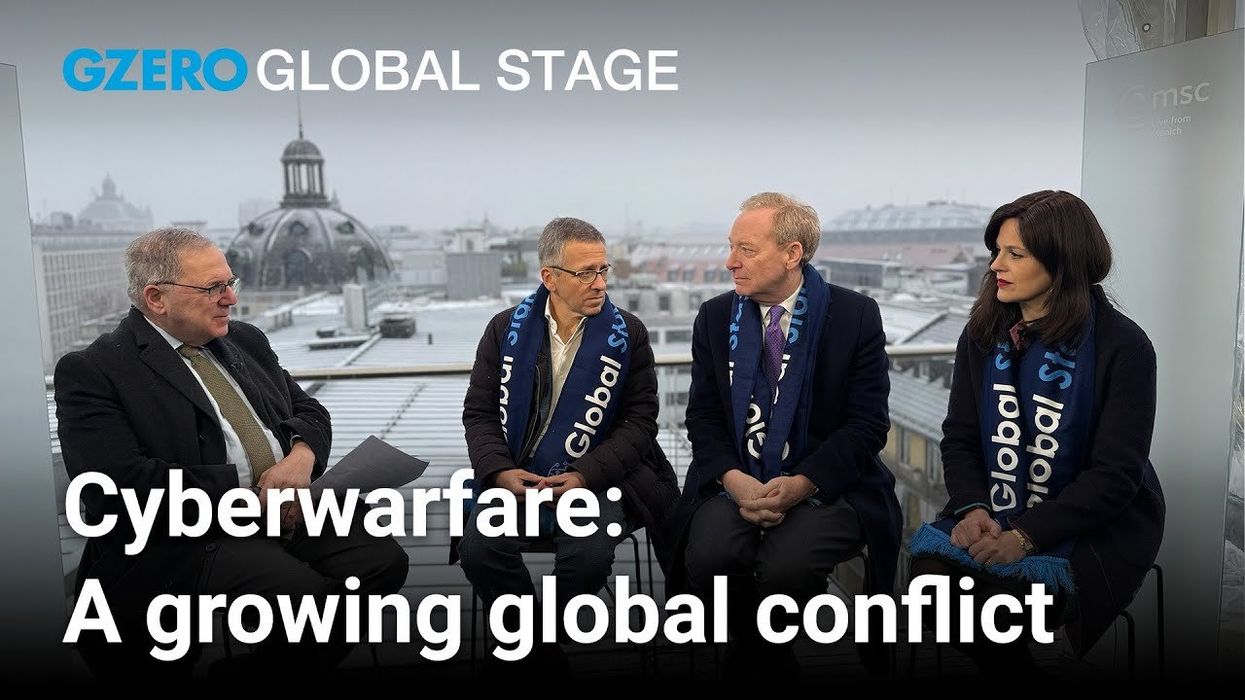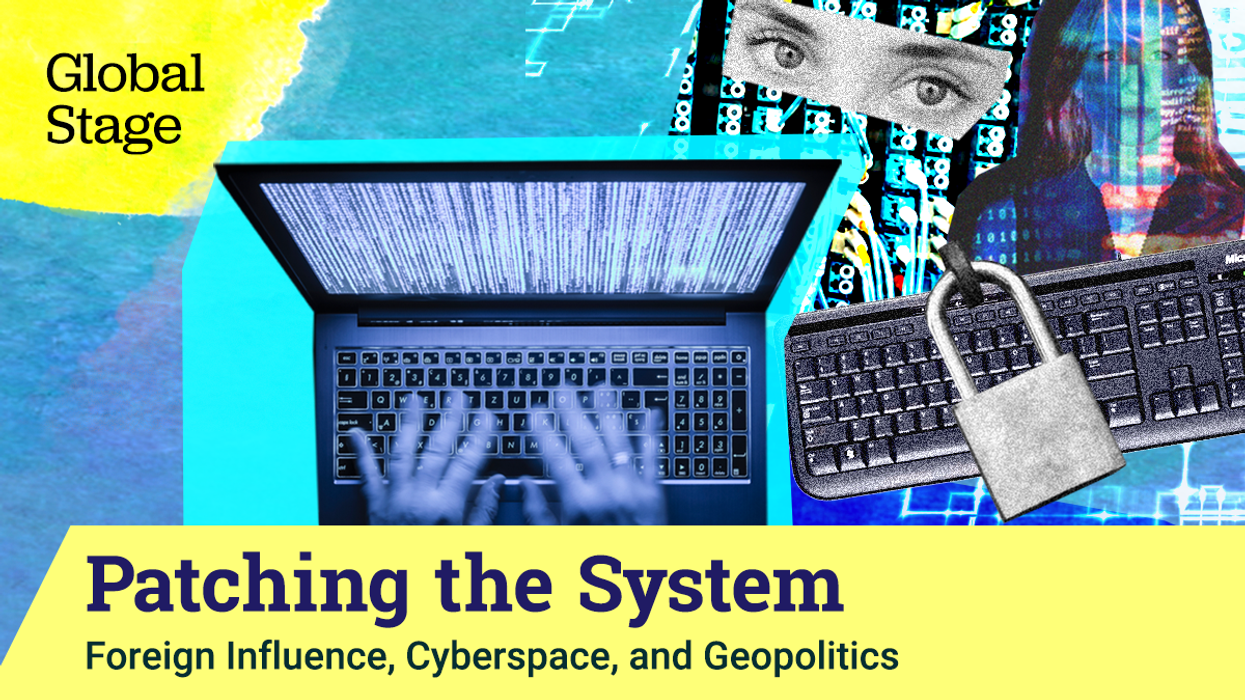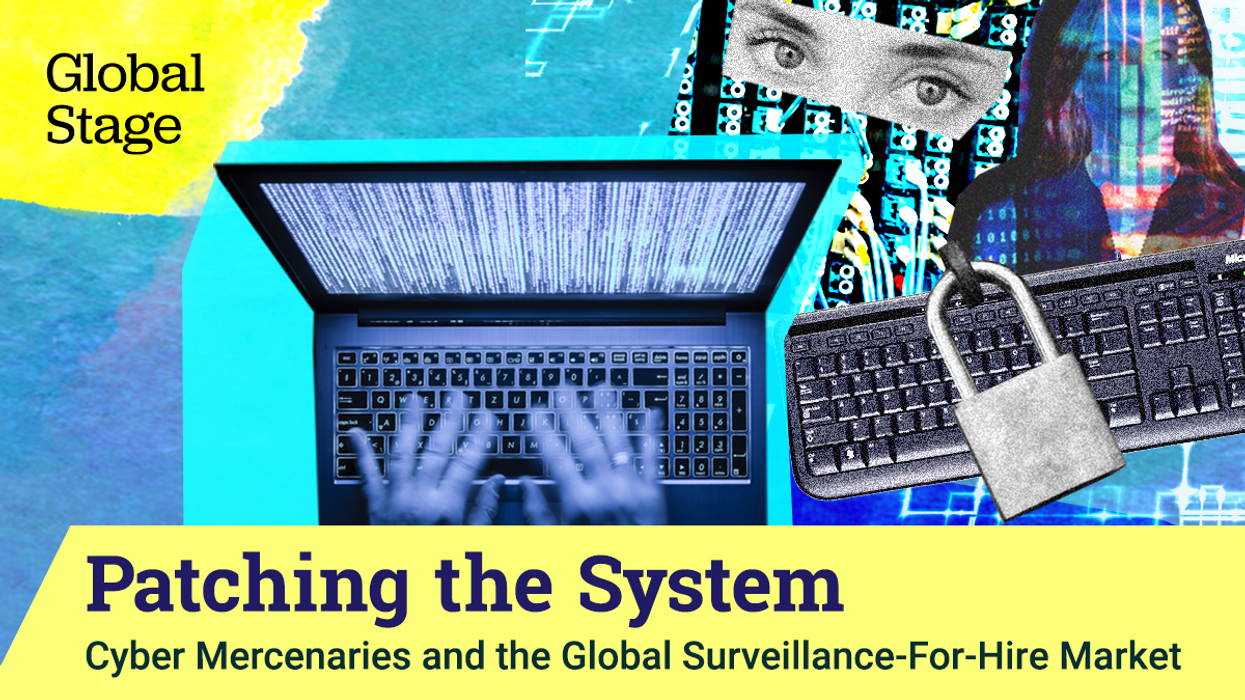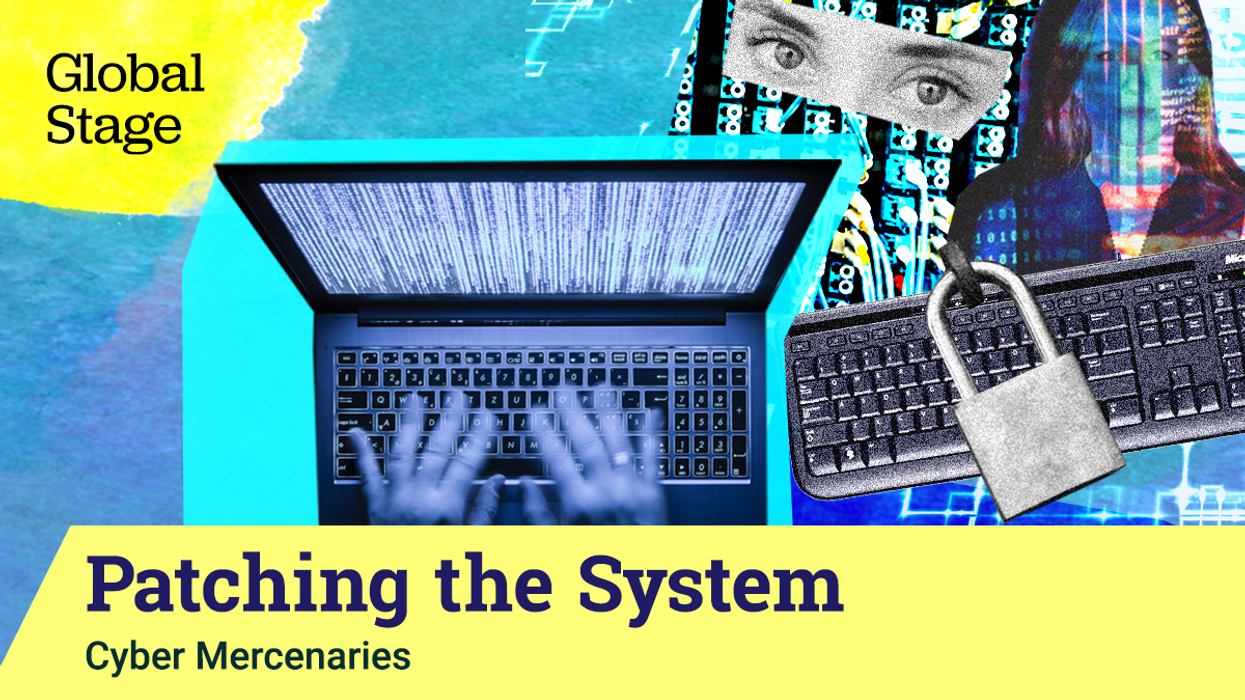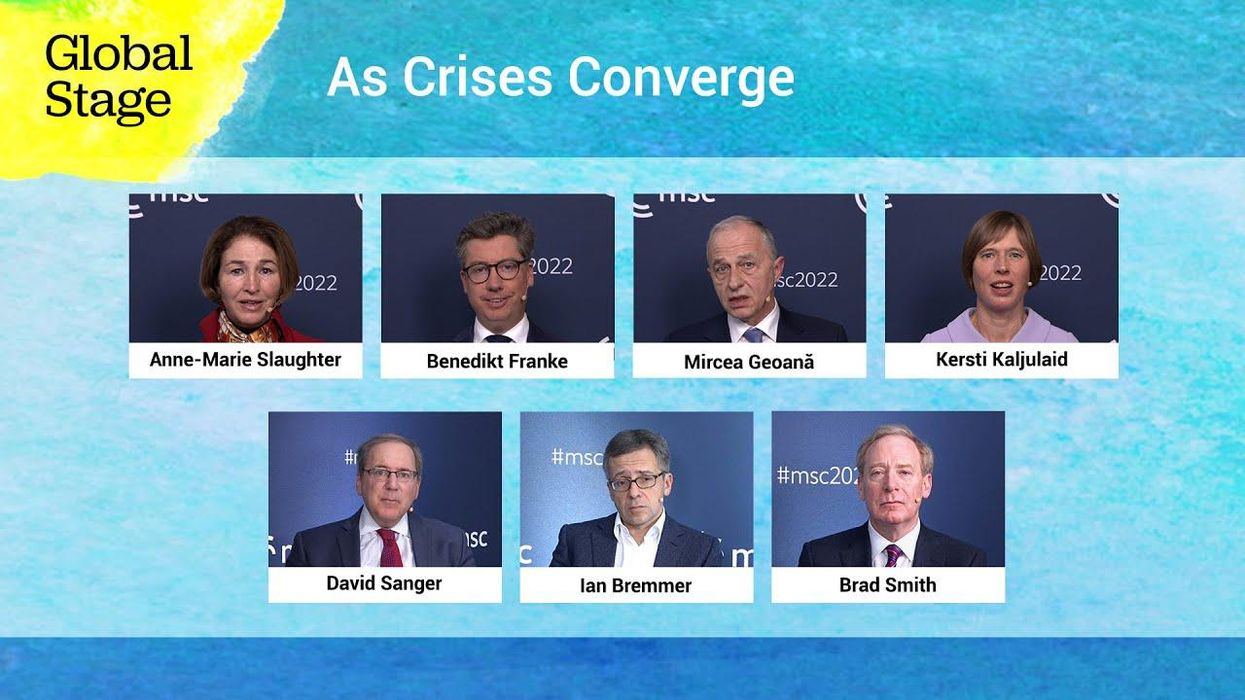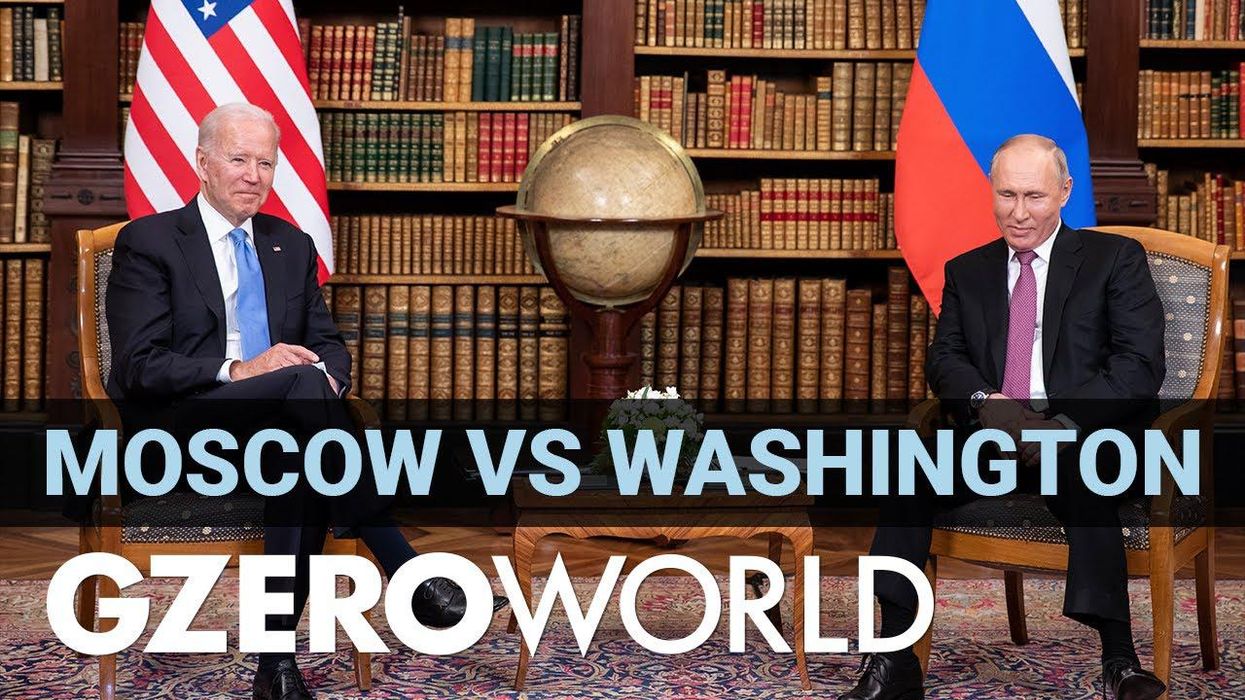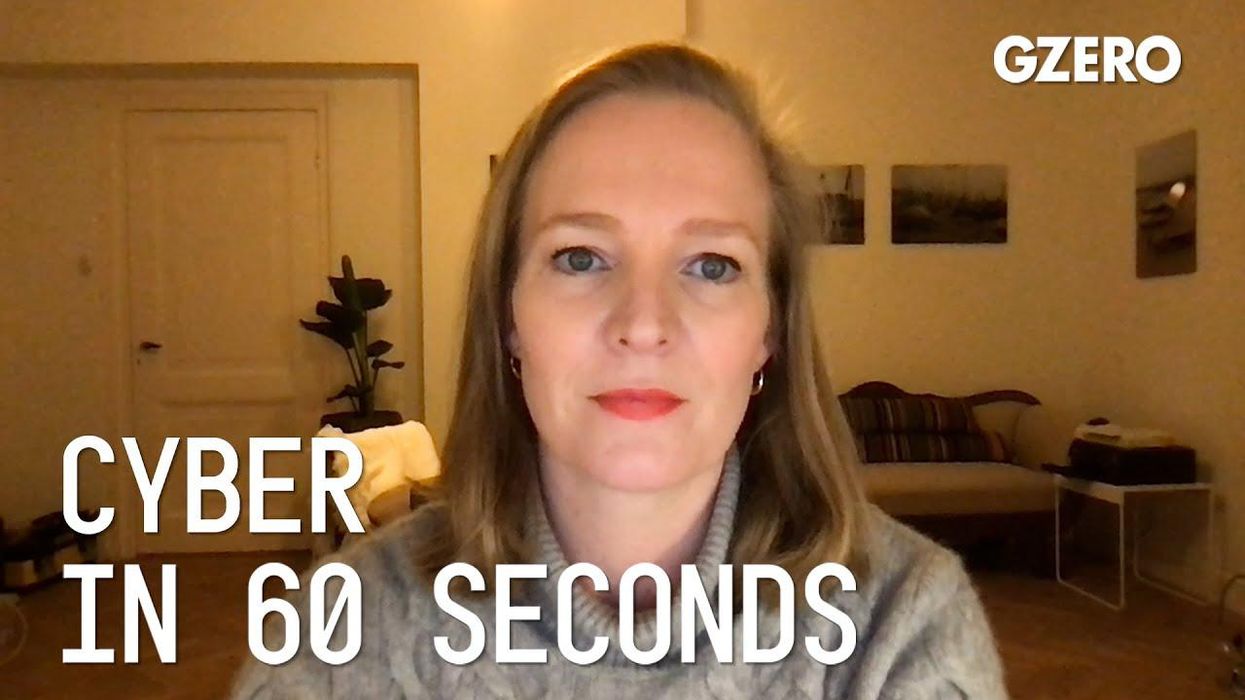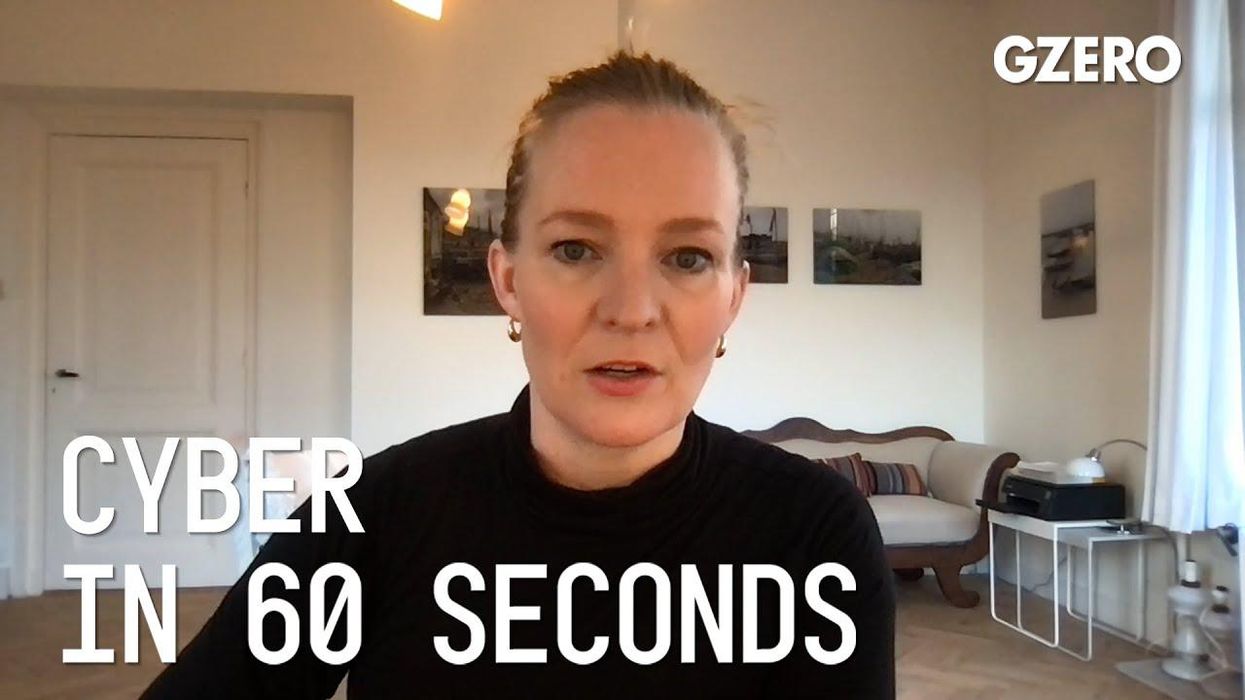Munich Security Conference
The convergence of geopolitics and cyberspace
“Those same geopolitical tensions that we see in physical space certainly are playing out in digital space as well,” says Anne Neuberger, former US Deputy National Security Advisor for Cyber and Emerging Technologies.
Feb 26, 2025
